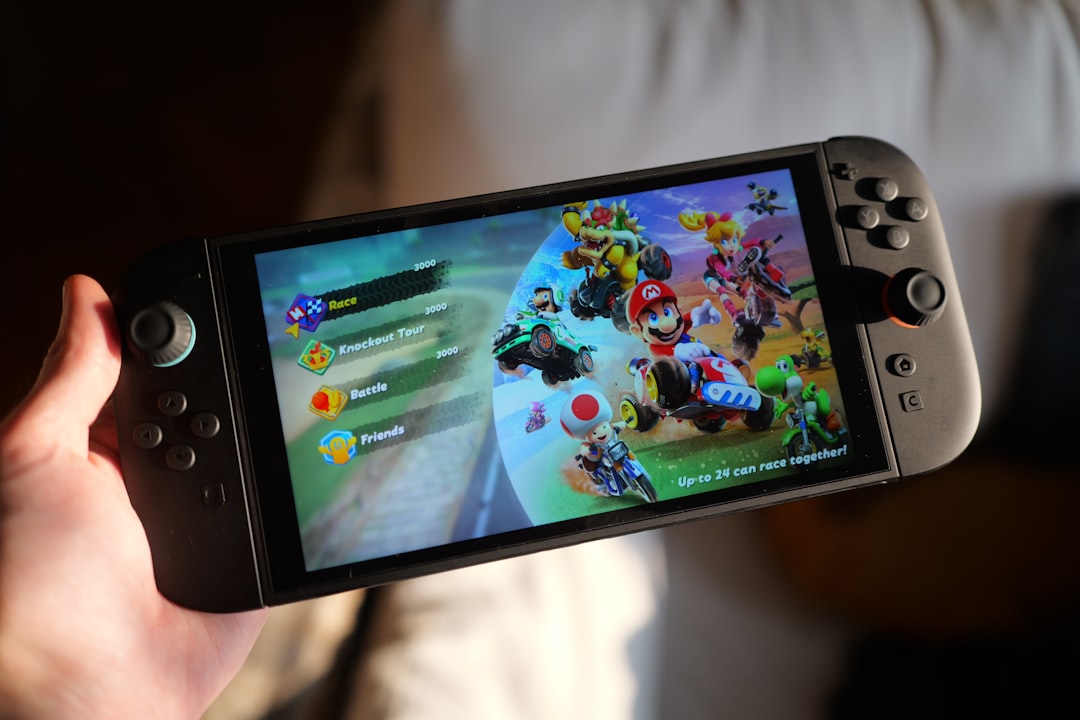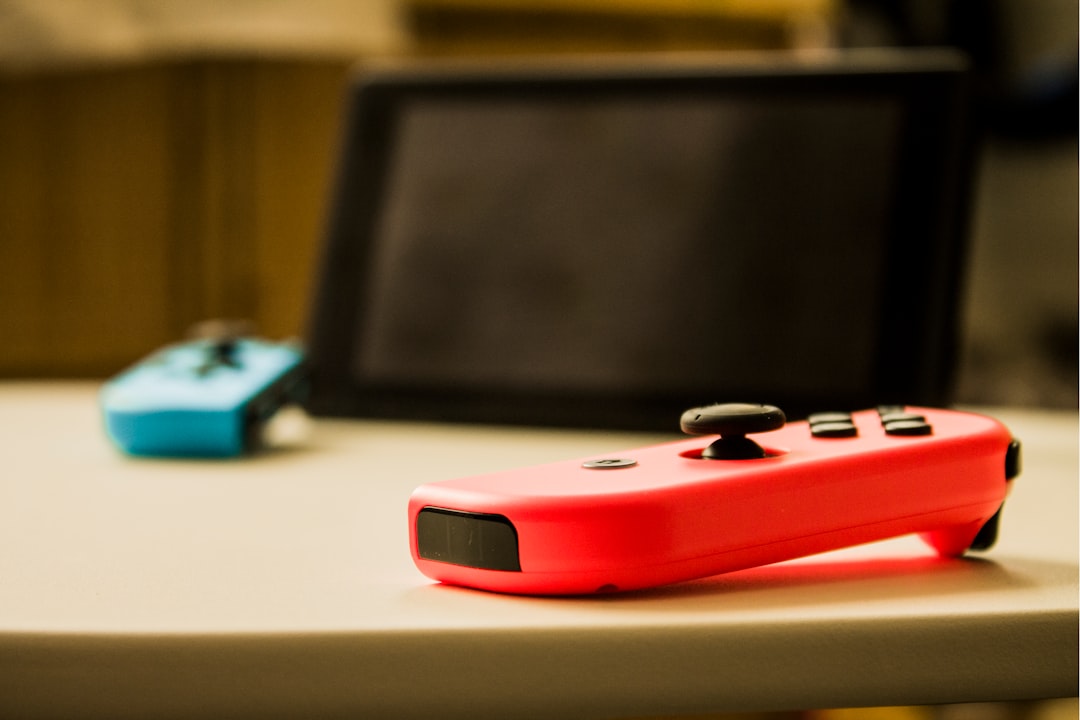The world of console emulation has seen rapid advancements in recent years, and one newcomer that’s attracting attention is the Sudachi Emulator, allegedly capable of running Nintendo Switch games on various platforms. As more gamers explore emulation as a way to experience their favorite titles, one pressing question remains: Can Sudachi Emulator play with normal Nintendo Switches? In this article, we’ll dive deep into the technology, its networking features, compatibility concerns, and legality issues surrounding cross-platform play between the Sudachi Emulator and physical Nintendo Switch consoles.
Contents of Post
What Is Sudachi Emulator?
Sudachi Emulator is a software program that emulates the Nintendo Switch console, enabling users to run Switch games on platforms such as Windows, macOS, and Linux. Like other popular emulators such as Yuzu and Ryujinx, Sudachi aims to replicate the functionality of the Nintendo Switch using reverse engineering and community-developed code.
Though relatively new, early reports suggest that Sudachi provides high FPS, improved resolution, and mod support, making it attractive to both casual and power users. However, unlike many older emulation projects, Sudachi has stirred interest also because of its potential support for online features—including connectivity with real Switch consoles.
Understanding Networked Multiplayer
For a game played via emulation to connect with official Nintendo Switch consoles, the emulator must replicate or interface with the Switch’s proprietary online infrastructure. This includes:
- Local Wireless Communication: Switch units can detect nearby consoles for multiplayer modes without Internet access. Emulation software must simulate this to be compatible with actual switches locally.
- Nintendo Switch Online Services: Cloud saves, friend lists, and matchmaking are managed via Nintendo’s platform, accessible only to legitimate hardware and verified software.
- LAN & Peer-to-Peer Play: Some Switch games allow direct peer-to-peer connectivity over LAN, which can sometimes be emulated without breaching Nintendo’s secure servers.
Each of these systems presents a unique set of challenges to emulator developers attempting to establish communication between emulators and physical hardware.
Does Sudachi Allow Crossplay With Physical Consoles?
As of mid-2024, Sudachi Emulator does not support native online gameplay with real Nintendo Switches through Nintendo’s official servers. This limitation is due largely to security, legal, and technical barriers. Nintendo’s servers can detect unauthorized software and have mechanisms for banning IP addresses or accounts that attempt unauthorized access.
However, recent developments indicate some limited possibilities:
- LAN Play With Tweaks: With specific configuration, Sudachi may support LAN play simulation using tools like RyuLAN or modified versions of LDN (Local Wireless Dolphin Network). These tools trick the emulator into believing it is participating in a local wireless session, which can theoretically include nearby, real Switch units participating in LAN play mode.
- Community Servers: Developers and hobbyist communities sometimes deploy alternative multiplayer servers. In theory, Sudachi users and those on modded Switch consoles could meet on these servers, but this involves custom firmware and significant risk of bans for Switch users.

Ultimately, the emulator does not officially support interaction with normal, unmodified Nintendo Switch consoles, especially through Nintendo Online multiplayer features. While LAN-like workarounds may appear to offer some connectivity, these are far from stable, widely compatible, or endorsed by Nintendo.
Technical Challenges of Cross-Platform Play
Even if the security concerns were overcome, there are still large technical hurdles to seamless interaction between emulated and physical gameplay:
- Timing and Synchronization: Emulator systems operate on different hardware and sometimes render frames faster or slower than consoles, causing desyncs in gameplay.
- Differing Software Behaviors: Emulators often introduce patches or modding capabilities that can cause unpredictable results during crossplay attempts.
- DLC and Update Compatibility: Matching game versions—including official updates and downloadable content—between an emulator and Switch console is vital for compatible multiplayer sessions.
Moreover, game-specific handling of multiplayer features varies widely. What may work in one title (e.g., Mario Kart 8 Deluxe) could completely fail in another like Super Smash Bros. Ultimate.
Legal Concerns and Risk of Bans
Any emulator user or Switch console owner seeking cross-platform play between an emulator and an official console must consider Nintendo’s strict enforcement of its Terms of Service. Using modified software or exploiting network connections in unintended ways could lead to the following consequences:
- Banned Nintendo accounts
- Permanent Switch console bans from online services
- Cease and desist actions by Nintendo’s legal teams
It’s important to note that even downloading copies of your own games to use in an emulator can exist in a legal gray area, depending on your country’s laws. Connecting unauthorized software to a proprietary online network, however, is generally a violation.

What Are the Alternatives?
For those seeking online play with Nintendo Switch games while using emulated platforms like Sudachi, several safer alternatives exist:
- Use Built-in LAN Emulation: Ryujinx and Yuzu offer structures for LAN emulation that Sudachi might adopt in future updates.
- Host Emulator-Only Multiplayer Games: Use the multiplayer features within the emulator to play with other Sudachi users online via VPN-based LAN play or community servers.
- Official Nintendo Switch System: For full compatibility and safety, using a real Switch console remains the most reliable method for multiplayer experiences.
Conclusion
While the tech world continues to push the limits of what’s possible with emulation, the reality is that the Sudachi Emulator cannot consistently or legally play with normal Nintendo Switch consoles. Some workarounds may offer limited success under specific conditions, but they come with high technical difficulty and significant legal risks. For now, emulator users wishing to engage in online or local multiplayer are best suited sticking to emulated-only environments or securing a legitimate Nintendo Switch for broader compatibility.
Frequently Asked Questions (FAQ)
-
Q: Can Sudachi Emulator connect to Nintendo Switch Online?
A: No. Sudachi does not officially support connections to Nintendo’s online servers due to legal and technical limitations. -
Q: Is it possible to play LAN games between Sudachi and a Nintendo Switch?
A: In theory, yes, but only with modified Switch consoles and third-party software. This is risky and not recommended. -
Q: Will Sudachi support full online functionality in the future?
A: It’s uncertain. Developers may implement local or simulated online multiplayer, but true Nintendo Online functionality is highly unlikely due to legal barriers. -
Q: Is using Sudachi Emulator legal?
A: Emulation itself is legal in many countries, but downloading or using copyrighted game files without ownership is illegal in most jurisdictions. -
Q: Can I transfer save data between Sudachi and a Nintendo Switch?
A: Some tools allow save file conversions, but compatibility varies by game and version, and it is not supported natively by Nintendo.

